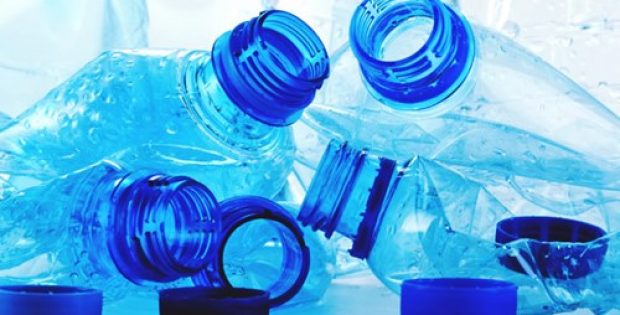As the push for manufacturers to “go green” ramps up, the production of sustainable products and sustainable manufacturing of products is top of mind. The benefits of adopting more sustainable practices extend past environmental sustainability. In fact, this type of sustainability makes up just one-third of today’s sustainable manufacturing, Manufacturing.net reports.
Both economic and social sustainability also play critical roles in “going green,” and sometimes these efforts come together in a single solution. Hazardous waste streams are a good example.
When one company reduced its hazardous waste to minimal levels, it saw a significant saving in the cost of waste disposal, moving this expense to $40,000 from $750,000 per annum. Sustainability often involves reducing waste and bringing down costs.
It also means better management of hazardous waste, to limit its release into the environment. Dust or micro waste produced during manufacturing is often overlooked and ends up polluting the environment due to lack of management. Due to the size of this waste, it can easily become airborne travelling into different areas where it ends up being breathed in by wildlife or populating waterways. However, this problem has a simple solution with dust collector systems managing and catching possible tonnes of dust and micro waste. In many cases, these efforts bolster the company’s reputation and earn it free press. It is a win-win situation.
Let’s look at some of the efforts that manufacturers are taking in their sustainability efforts.
Better Plants
The Better Plants program involves 190 manufacturers. Together, they set a 10-year goal to reduce the amount of energy consumed by their operations by 25 percent. Last year, the program reduced their collective energy usage by $4.2 billion.
“Manufacturers accept the responsibility to better the future of our communities, our environment,
Sustainable Plastic
DuPont is also getting involved. The company has been working to reduce its use of petroleum-based materials. It developed a performance fabric called Sorona that does just that. The material is composed of 20-37 percent renewable non-food biomass.

DuPont Sorona can be used in a variety of functions from carpeting to clothing. It is fade-resistant, long-lasting and smooth. It also offers less pilling and vibrant colorways.
Plastic Packaging
Consumer goods are also involved in going green. Grocery store chain Trader Joe’s recently announced that it would reduce its plastic packaging. Styrofoam trays will be replaced with compostable trays. Even the flower section will look different as the company trades out plastic bouquet sleeves for a renewable material. According to Environmental Leader, these sustainable upgrades came after Trader Joe’s was hit with a viral Change.org petition.
Automotive Applications
Apple Rubber is also joining the movement toward sustainable manufacturing. The company is developing bio-based rubber for automotive applications. Called KELTAN® Eco, this substance produces ethanol from sugar cane and uses that chemical to develop the polymer. It is just as strong as non-sustainable alternatives, but its production has a lower carbon footprint.
Sustainable manufacturing benefits the environment and social landscape as well as the economic realities of production. Companies from are joining in to make the world a cleaner place, improve the efficiency of their operations and save money.













Leave a Reply